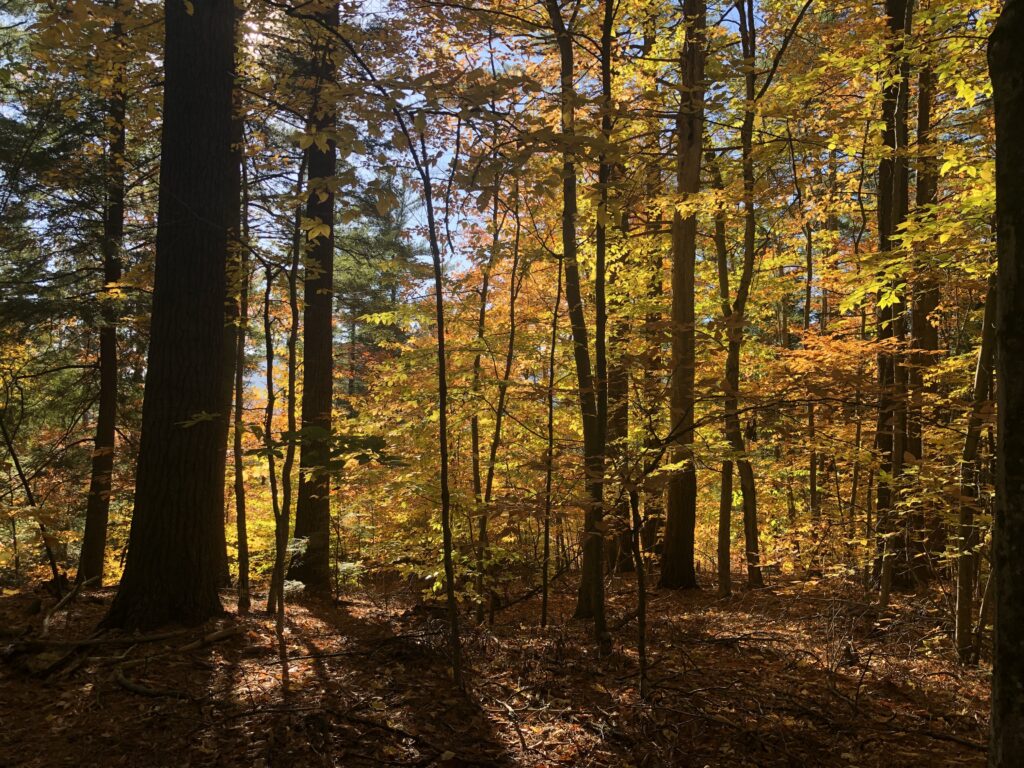To everything there is a season, and a time to every purpose under the heaven: A time to be born, and a time to die; a time to plant, and a time to pluck up that which is planted; A time to kill, and a time to heal; a time to break down, and a time to build up; A time to weep, and a time to laugh; a time to mourn, and a time to dance; A time to cast away stones, and a time to gather stones together; a time to embrace, and a time to refrain from embracing; A time to get, and a time to lose; a time to keep, and a time to cast away; A time to rend, and a time to sew; a time to keep silence, and a time to speak; A time to love, and a time to hate; a time of war, and a time of peace.
— Ecclesiastes 3:1-8
We’ll turn the clocks back this past week.
The shadows here in New England will begin to fall by mid-afternoon.
I’ll rail against it. 

Some find the dark cozy and embracing. They relish the long evenings in front of the fire. They embrace the dark.
I hate it.
I love the Alaska Range in the summer: the long endless days and the midnight sun. I’d jump from a bridge if I lived there in the winter.
Of course, many folks have taken care of this by moving to places like Southern California, or Belize. And there are many more who embrace the changing seasons with greater equanimity than I.
But the seasons of change can be another matter altogether.
Most all of us get used to our routines. Constancy is safe. Secure.
We like predictability.
Anything that disrupts the status quo is, well, disruptive.
We fight change. I do. Yet change is really the only constant. It is the rhythm of things. High tide and low; ’til death do us part, or sooner; daytime and night; in sickness and in health; drought and flood; in good times and in bad; carry days and rest days; generativity and the dark night of the soul.
The legendary Jim Rohn taught so eloquently on the seasons of life: The seasons always come, Rohn said. “You cannot change the seasons but you can change yourself.”
Winters always come. And there are all kinds of them, Rohn said. “There are economic winters, when the financial wolves are at the door; there are physical winters, when our health is shot; there are personal winters when our heart is smashed to pieces.”
Use winter to get stronger, wiser, better. Get ready for the Spring, Rohn said. It always follows winter.
“Opportunity follows difficulty.” Take advantage of the Spring. Till the earth. Plant.
In the Summer, nourish and protect. “Every garden must be defended in the summer,” Rohn taught. The garden of values – social, political, marital commercial- the garden of ideas, the garden of all that is good. Be on watch over your garden in the summer.
Reap what you have sown in the fall. Take responsibility for what you did not sow, for what you did not protect. But celebrate the harvest. “Learn to welcome the fall without apology or complaint,” Rohn said.
Embrace the seasons of our lives. Know them. Use them.
Why do we fight so what is so?
To be with change, to be in its flow; to experience the shifting sands with open hands and open hearts. To have the courage to accept and say: “and this too.” Cherish this challenge. It is all we really have.
The seeds of new life blow on the cold winds of November. Winter will come. But so will Spring. It is the rhythm of things.
To live fully, deeply into each season of our lives: this is what we are called to do.
Every year we have been witness to it: how the world descends
into a rich mash, in order that it may resume. And therefore who would cry out
to the petals on the ground to stay, knowing as we must, how the vivacity of what was is married
to the vitality of what will be? I don’t say it’s easy, but what else will do
if the love one claims to have for the world be true? So let us go on
though the sun be swinging east, and the ponds be cold and black and the sweets of the year be doomed.
— Mary Oliver
________________________________________________
Want some support through a season of change? Let’s talk. Email me: [email protected]

